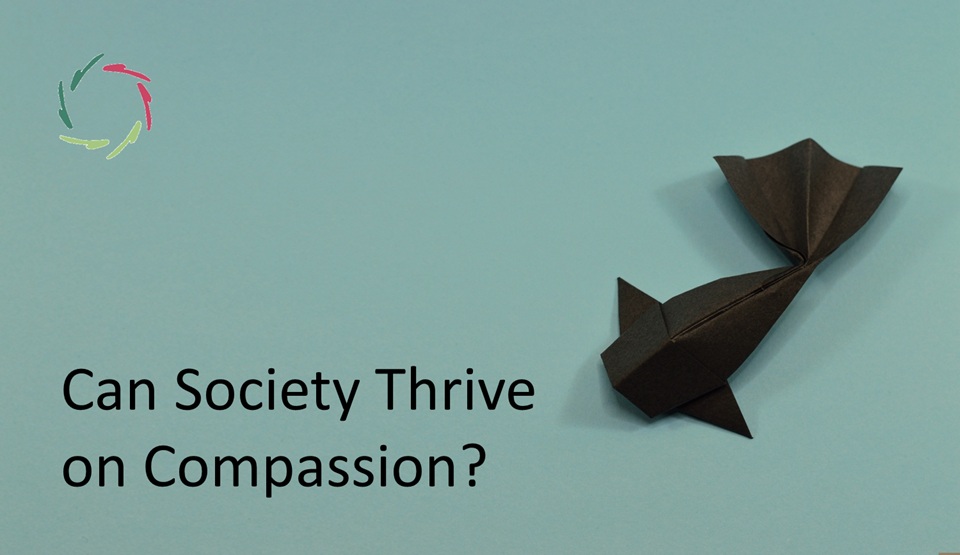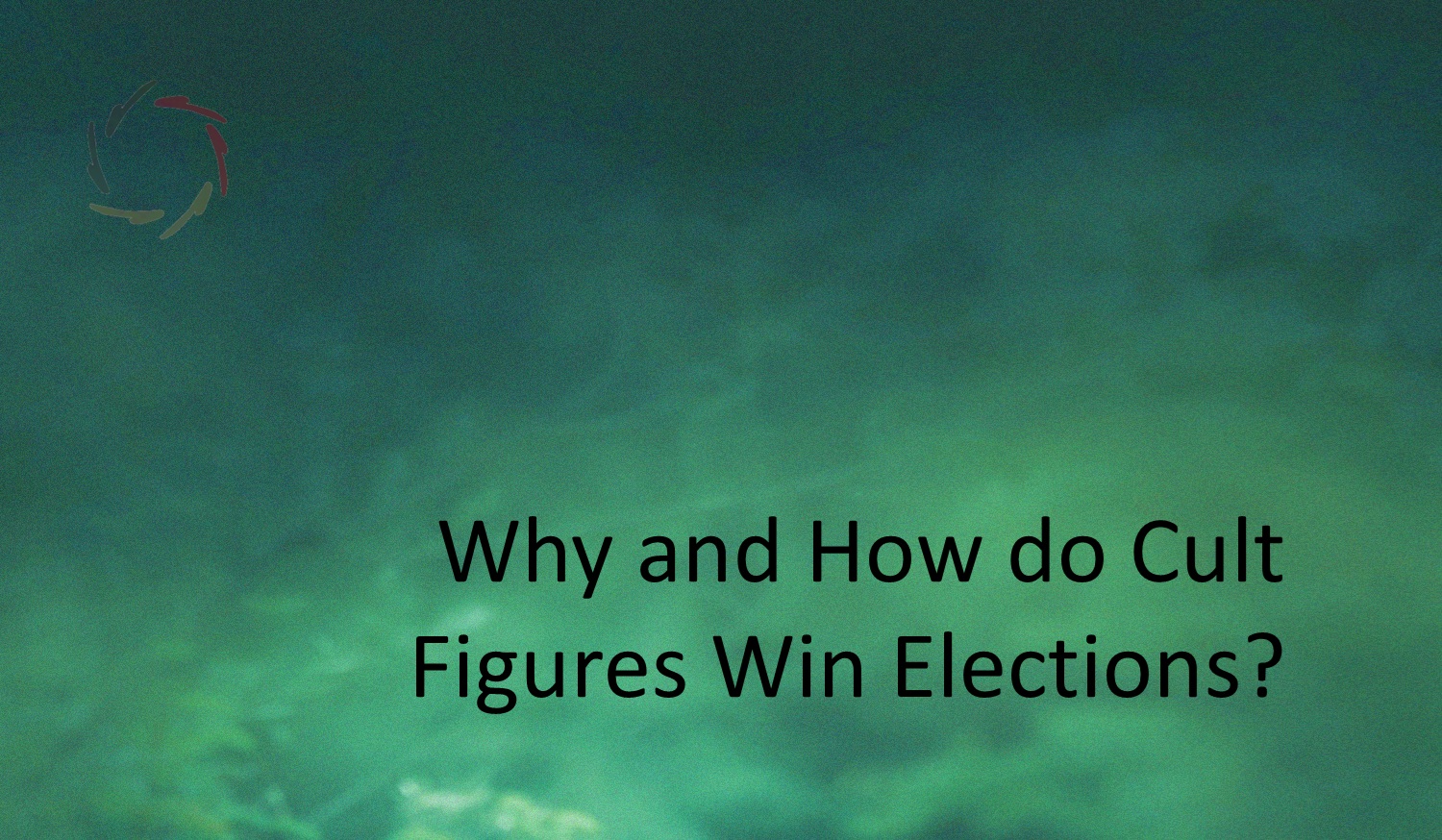Lisa in Politics

What can Lisa’s role be as a Compassionate entity in politics ― nationally and internationally?
Please first read Politics of Compassion. Note that Compassion, basically, isn’t merely an emotional state but a potent tool for bridging divides.
Rest assured.
Creating a political party wouldn’t align with Lisa’s core purpose or principles.
Yet, in several ways, Lisa can play a pivotal role in fostering a Compassionate political discourse ― which is what the remainder of this blog is about.
Lisa can forge Compassionate communications.
Such communications transcend the usual political lines, which can be seen as rather horizontal political distinctions.
Compassion is a primarily vertical happening. This notion invites a deeper exploration of how political actions, informed by Compassion, can operate on a level that transcends ideological battlegrounds. It suggests a politics that seeks common ground in shared values and human experiences rather than remaining mired in the superficiality of partisan conflicts.
Such an approach could be instrumental in addressing complex societal issues by focusing on universal human concerns and aspirations.
Compassion as a transformative force within political discourse
Compassionate communication is a means to transcend political barriers by nurturing a sense of shared humanity. That’s quite a difference from the present-day conventional political divides. It’s a paradigm shift toward politics that prioritizes understanding and mutual respect over contention and division.
By applying Compassion to political engagement, one can advocate for a discourse that values inner growth, self-discovery, self-improvement, and the continuous evolution of societal norms and relationships. Compassion, in this light, becomes a foundational principle for political engagement, fostering a culture where differences are approached with empathy and actionable strategies, such as (where Lisa can substantially help):
- organizing and leading online workshops for political leaders, activists, and community organizers
- being an online mediation tool for the mitigation of escalating conflicts or misunderstandings
- organizingvirtual town hall meetings
- organizingplatforms for highlighting personal narratives that underscore common human values and challenges, encouraging listeners to open their hearts and minds to diverse perspectives.
- assisting individuals in understanding complex political issues from multiple perspectives
- striving toward a more inclusive and empathetic political landscape, etc.
If this sounds idealistic, you’re right.
If it sounds unrealistic, you don’t know what you’re thinking about.
It’s very well feasible. Additionally, it’s urgent and necessary in view of the stark fact that democracy as we know it is under threat by – you can guess – badass A.I., rogue robots, cheap A.I. chatbots, you name it. Without a proper answer, this may herald the end of democracy.
People are supposed to vote voluntarily, but what if the voluntas (own will) gets increasingly hijacked from the inside out by populist and just plainly destructive manipulation ― A.I. enhanced?
All the above idealistic points will not make political parties disappear.
They will come closer together and overlap more. The differences will be subtler, thus more prone to meaningful debate. There will not be less democracy, but more and especially more profound.
The trolling will be overflowed by the Compassionate A.I., making distinct political parties significantly worthier.
The bringing together may bring underlying differences to the surface.
This might give the impression of new divides. Actually, these aren’t new; they are only invisible right now, like many features of a landscape under a carpet of snow.
Yes, this may bring new challenges, as growth always does, but confronting and working through differences will bring people even closer together in more meaningful, mature ways.
Will this also make ‘doing politics’ more enjoyable?
I’m sure of that.


